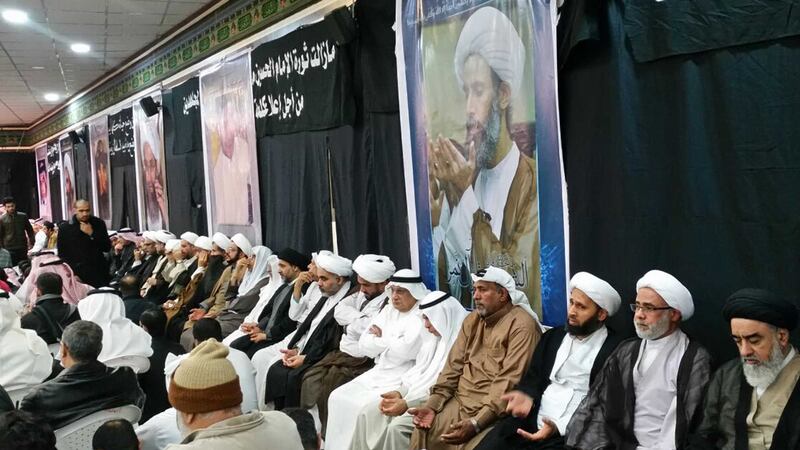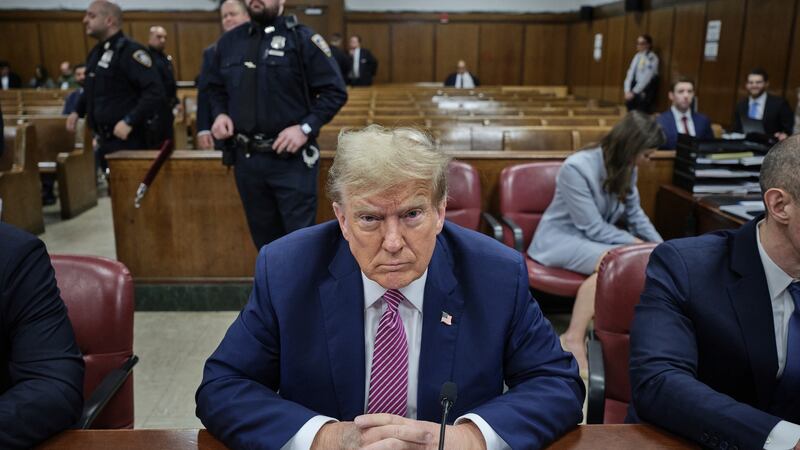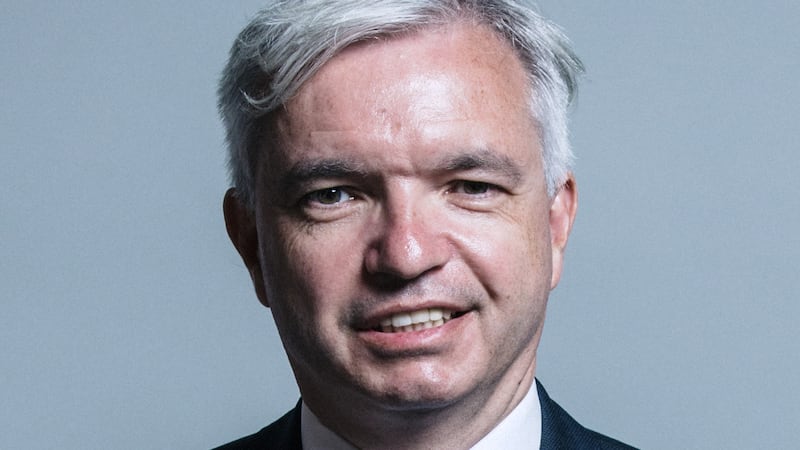Saudi Arabia’s allies are following the kingdom’s lead and scaling back diplomatic ties to Iran.
The moves follow the ransacking of Saudi diplomatic missions in the Islamic Republic, violence sparked by the Saudi execution of a prominent opposition Shiite cleric.
Sudan and the island kingdom of Bahrain said they would sever ties with Iran, as Saudi Arabia did late on Sunday.
Within hours, the United Arab Emirates (UAE) announced it would downgrade ties to Tehran to the level of the charge d’affaires and would only focus on economic issues. Somalia also issued a statement criticising Iran.
The execution on Saturday of Shiite cleric Sheikh Nimr al-Nimr and 46 others convicted of terror charges – the largest mass execution carried out by Saudi Arabia since 1980 – laid bare the sectarian divisions gripping the region. Shiite protesters took to the streets from Bahrain to Pakistan, while Arab allies of Sunni-ruled Saudi Arabia lined up behind the kingdom.
The escalating tensions between the two long-time regional rivals looks to further imperil efforts to end the wars in Syria and Yemen, where Saudi Arabia and Iran back rival sides.
Al-Nimr was a central figure in the Arab Spring-inspired protests by Saudi Arabia’s Shiite minority until his arrest in 2012. He was convicted of terrorism charges but denied advocating violence.
Bahrain’s Sunni monarchy, which quashed mass protests by the Shiite majority in 2011 with the help of Saudi and Emirati forces, enjoys particularly close relations with Saudi Arabia, and shares Riyadh’s view that Shiite Iran is intent on destabilising the region through its various proxies.
Bahraini officials have accused Iran of training militants and attempting to smuggle arms into the country, which hosts the US Navy’s 5th Fleet. In October, Bahrain ordered the acting Iranian charge d’affaires to leave within 72 hours and recalled its own ambassador after alleging Iran sponsored “subversion” and “terrorism” and funnelled arms to militants.
Sudan’s Foreign Ministry announced an “immediate severing of ties” over the diplomatic mission attacks. The statement carried by its state-run news agency said it made the decision in “solidarity with Saudi Arabia in the face of Iranian schemes”.
The UAE, a country of seven emirates, has a long trading history with Iran and is home to many ethnic Iranians. It said it would reduce the number of diplomats in Iran and would recall its ambassador “in the light of Iran’s continuous interference in the internal affairs of Gulf and Arab states, which has reached unprecedented levels”.








